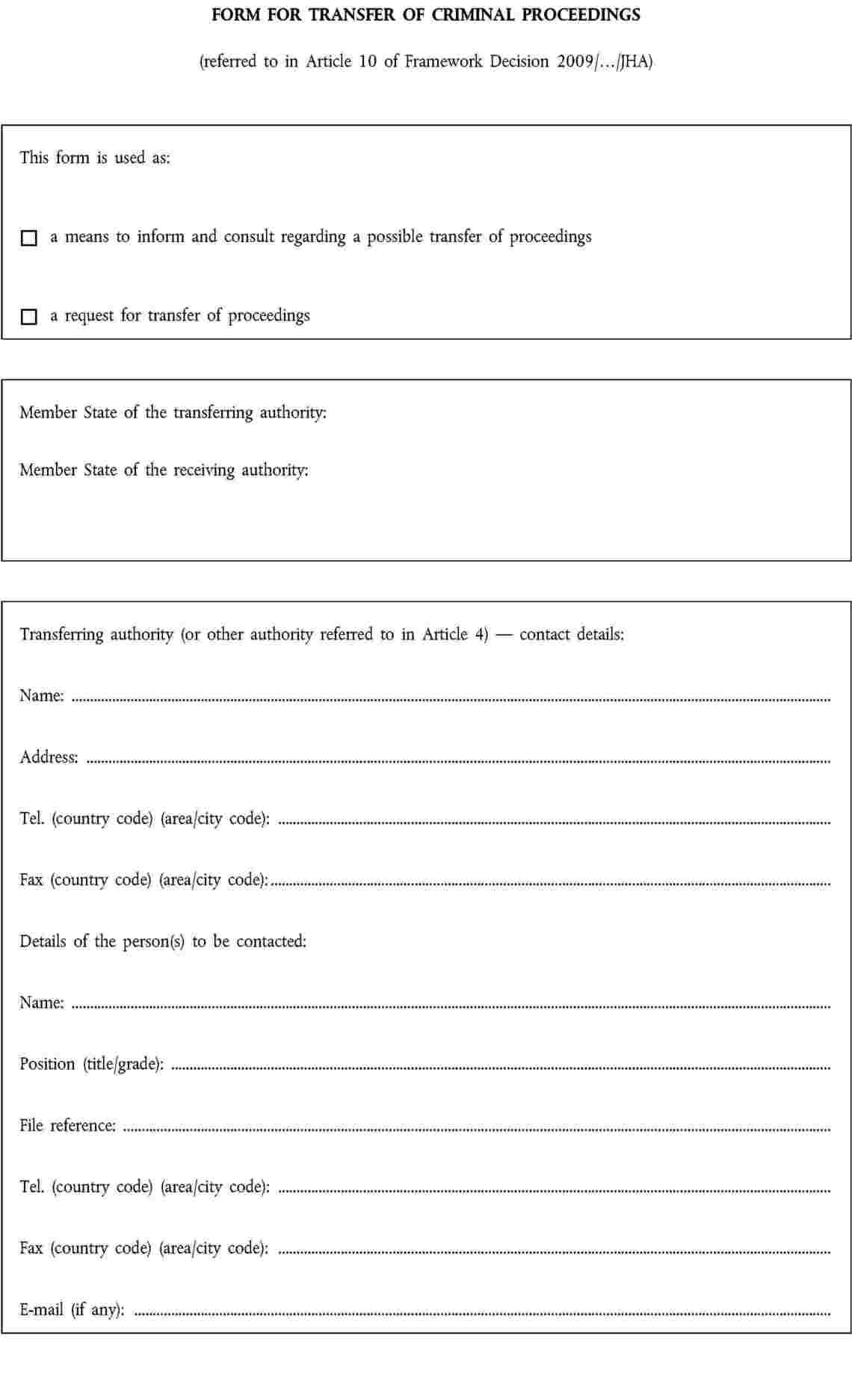European Convention On State Immunity 1972 Pdf


Not to be confused with the doctrine of, whereby the government of a state may not be amenable before its own courts. The doctrine and rules of state immunity concern the protection which a is given from being sued in the of other states. Chemcad 6.3.1 Crack.
This chapter discusses European Convention on State Immunity. The European Convention on State Immunity represents an effort undertaken within the framework of. European Court Practice Concerning State Immunity from Enforcement Measures 805 A rather peculiar approach is pursued by the 1972 European Convention on State. Treaties on state immunity: the 1972 and 2004. The 1972 European Convention on State Immunity is in force as between. Treaties on state immunity. European Convention on State Immunity - [1972] COETS 2 (16 May 1972) European Convention on State Immunity Basle, 16.V.1972.
The rules relate to legal proceedings in the courts of another state, not in a state's own courts. The rules developed at a time when it was thought to be an infringement of a state's to bring proceedings against it or its officials in a foreign country. There is now a trend in various states towards substantial exceptions to the rule of immunity; in particular, a state can be sued when the dispute arises from a commercial transaction entered into by a state or some other non-sovereign activity of a state. The United Nations Convention on Jurisdictional Immunities of States and their Property, which is not yet in force, formulates the rules and the exceptions to them.
It does not cover criminal proceedings, and it does not allow civil actions for against state agents where the abuse has occurred in another country. Contents • • • • • • Immunity against civil proceedings for serious human rights abuses [ ] According to some commentators, it is not obvious why states should have in cases relating to serious abuses. The argument is made that fundamental human rights such as the and the prohibition against torture should take precedence over rules of state immunity. The argument goes that these rights have a higher ranking and importance (in technical terms, they constitute norms of ) than a rule of state immunity, and that the recent focus on ending for serious human rights abuses should ensure that the law develops to allow states to be sued. The argument on the other side is that immunity should be ended, but other ways exist to accomplish this.